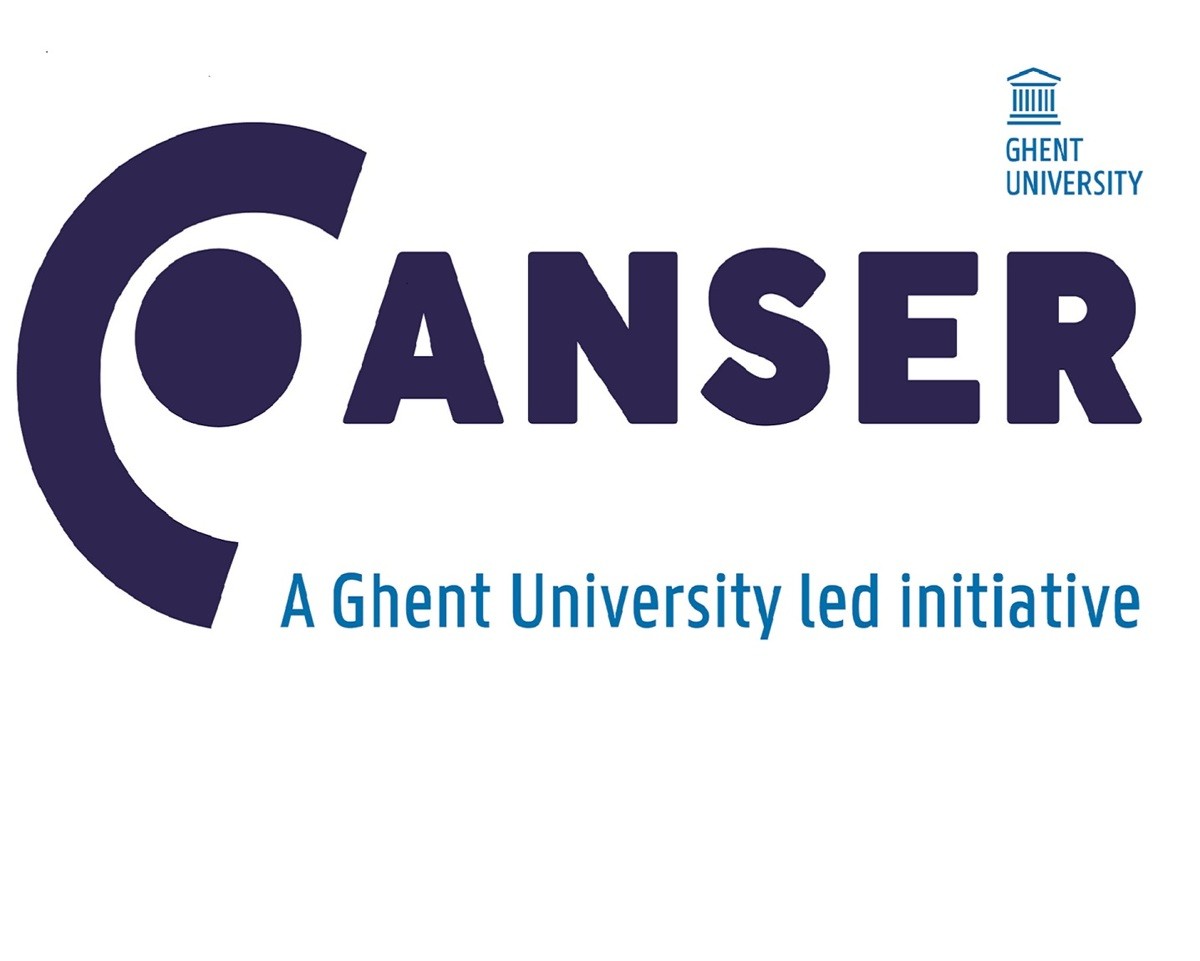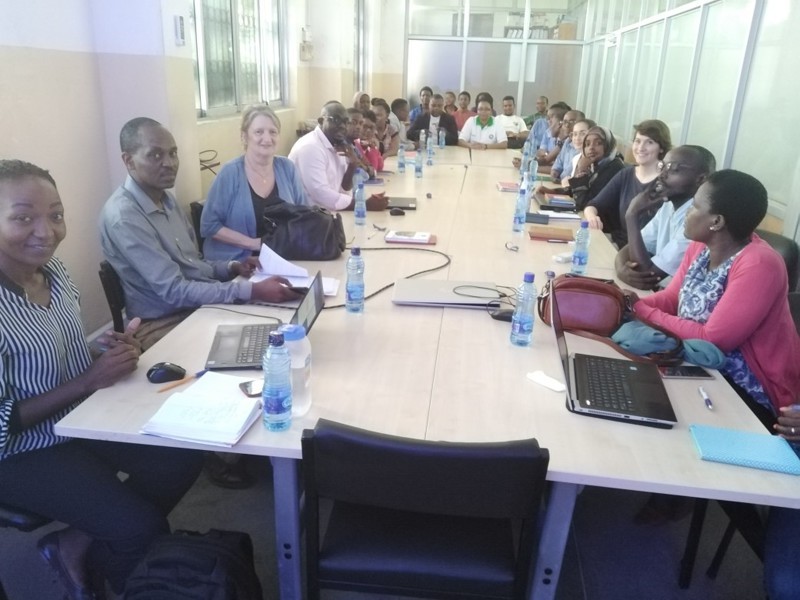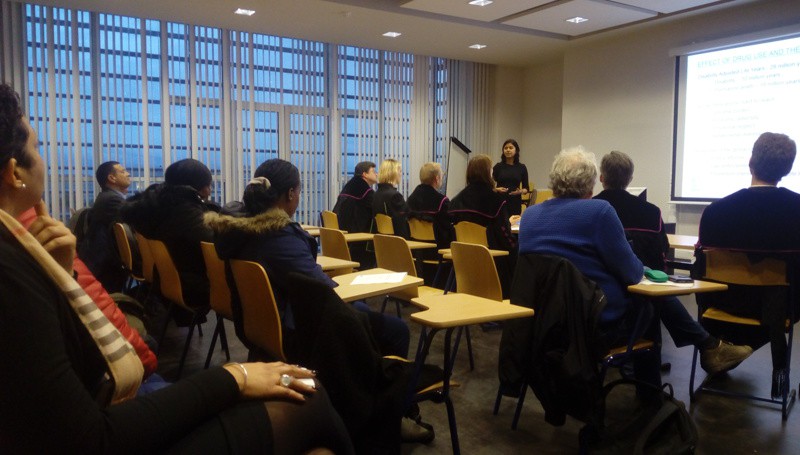ANSER – Five years of cutting-edge research and cooperation on sexual and reproductive health and rights

In 2021 the Academic Network for Sexual and Reproductive Health and Rights Policy (ANSER) is celebrating its fifth birthday. An excellent opportunity to look back on what the network has achieved these past few years.
First, some numbers: 38 institutional members; 13 research projects involving 2 or more network members; 9 jointly supervised PhD candidates; 2 courses for PhD students and 3 summer courses for master students; 4 video clips; 5 webinars; 4 annual conferences in Ghent, Belgium… all in less than 5 years time.
ANSER’s list of achievements is one we could only have dreamed of when we conceptualized the network in 2015. While our vision and mission seemed simple – sexual and reproductive health and rights (SRHR) policies should be based on scientific evidence and it is our duty as an academic community to bridge this gap between science and policy-making – how we would achieve this was much more uncertain. We envisioned a coalition of the willing that would organize workshops, would produce policy briefs, would teach capacity building modules, would conduct joint research projects, and so much more. Thanks to the Ghent University’s International Thematic Networks (ITN) initiative, launched in 2015 with the aim to establish international academic networks on topics in which Ghent University had acquired international recognition – ANSER has grown into becoming an internationally recognized network on SRHR research with a global presence.
After two initial years of general excitement and ambitious thinking, and a subsequent three year period in which more realistic goals were set and the network functioning was streamlined, ANSER is evolving towards a mature organization. However, work still remains to be done, and we are currently preparing the next five-year cycle of the network.
In the next five years, we intend to focus on five specific aims:
- Advocate for the importance of evidence-based SRHR policies among researchers and policymakers.
- Network at national, regional and global level within academic and policymaking forums in order to increase ANSER’s visibility.
- Strengthen the capacity of researchers to convey knowledge to policymakers, and on the other hand the capacity of policymakers to use evidence-based approaches for SRHR. To that end, we will organize more structural high-level capacity building sessions for our own researchers but also for external partners. This will be done through bi-annual doctoral schools, adapting the summer school for professionals and holding online trainings on specific issues or covering specific needs. Ultimately, ANSER aims to become the leader on capacity building on SRHR policies.
- Expand the network further by involving institutions in geographical areas that are currently underrepresented in ANSER, but also by reaching out to non-academic partners. We are convinced that the network would gain from involving policymakers more in the day-to-day work of the network. In light of that, an ANSER Policy Advisory Board will be established with the aim to provide the researchers in the network with advice and input from policymakers at all stages of the research: from the problem identification and the definition of the research question over the development of evidence based policy recommendations and effective knowledge translation.
- Raise sufficient money through multiple channels in order for the network to become self-sufficient by 2025.
As you can see, big plans and are brimming with ideas for the future.




